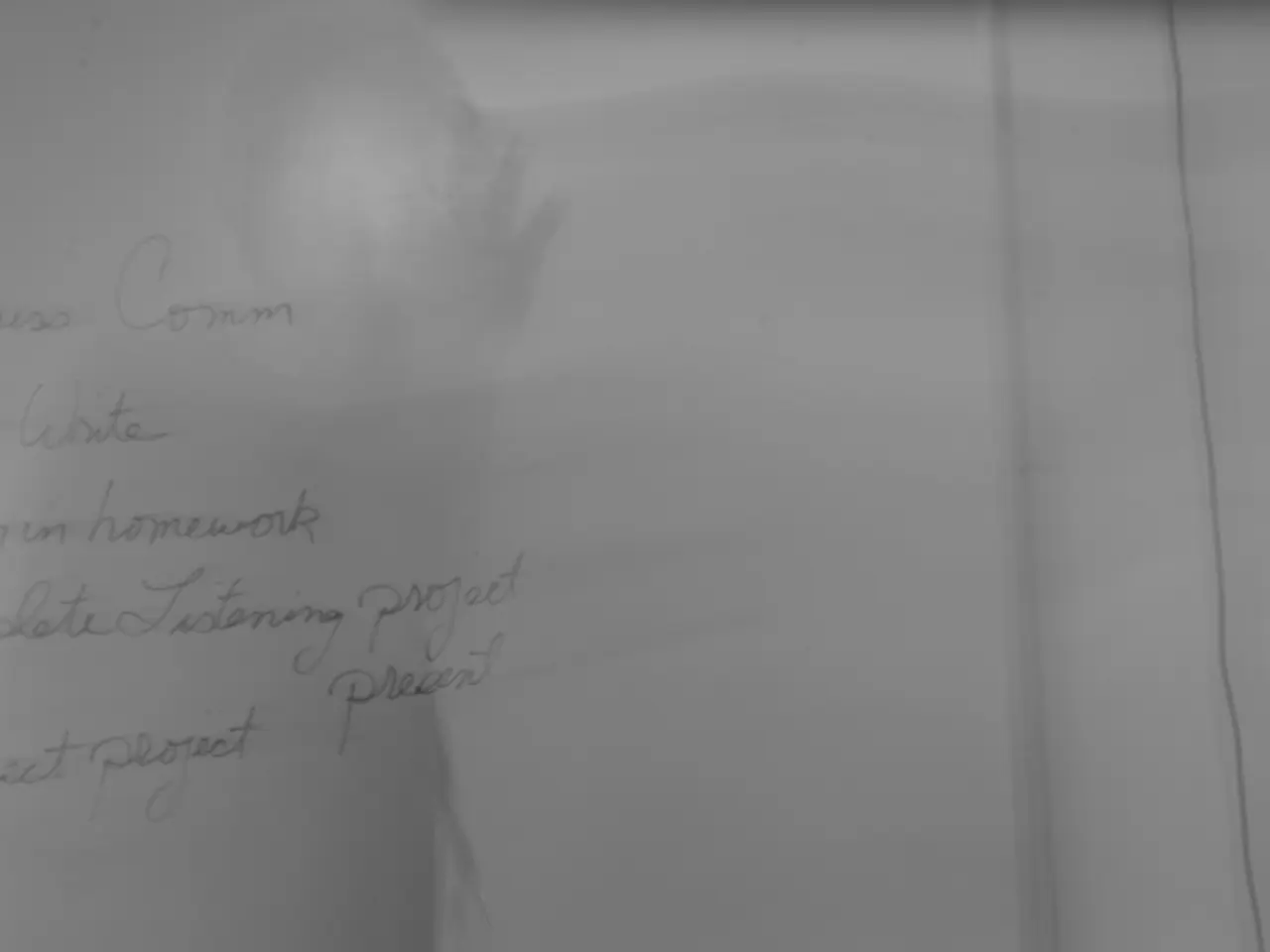"It's time to prevent a select few from obstructing the plastic agreement: World Wildlife Fund"
In a recent development, the sixth round of negotiations for a global treaty aimed at ending plastic pollution failed to reach a final agreement. The talks, held in Geneva in August 2025, involved delegations from 179 countries, with the aim of addressing the entire life cycle of plastics—from design and production to disposal and waste management [1][3][4].
The treaty, which has the support of at least 133 countries, is considered vital as global plastic waste is projected to reach 1.7 billion metric tons by 2060. The estimated cumulative environmental and economic costs are a staggering $281 trillion [1].
The European Union strongly advocates for an ambitious treaty covering the full lifecycle of plastics and aims to phase out harmful plastic products, pressing for flexibility and cooperation among parties [2]. Scientific and health communities also emphasize the urgency, citing health impacts linked to plastic materials at all life stages, with particular risks for infants and children, and associated economic losses over $1.5 trillion annually [3].
The four global rules proposed by the World Wildlife Fund (WWF) include banning harmful plastic products and chemicals, implementing global product design requirements, transitioning towards a circular economy, and providing financial and technical support for developing countries [4]. Mexico has mobilized 95 countries supporting a global phaseout of the most harmful products and chemicals of concern, while Rwanda led 84 countries to declare a shared commitment for measures including a global target to reduce plastic production [4].
However, the negotiations have been deadlocked by a small minority of plastic- and oil-producing countries. Voting is a possible solution to move forward with the treaty, as it has been used successfully in multiple negotiations [4].
The failure to finalize the treaty in this round means further negotiation sessions will be necessary, potentially extending the timeline to realize a legally binding global solution. Alternative approaches that might be considered include intensified regional initiatives, voluntary partnerships like the Global Plastic Action Partnership, and incremental national policies focusing on plastic circularity and waste management, as global agreement proves difficult [4].
Zaynab Sadan, the global plastics policy lead at WWF, emphasizes that the treaty can be strengthened and adapted over time [5]. Despite the setbacks, there is ongoing pressure from environmental groups and health experts to maintain momentum towards an enforceable treaty, as plastic pollution continues to escalate with significant harm to ecosystems and human health [1][3][4].
This story aligns with the Sustainable Development Goals (SDGs) 3. Health, 12. Consumption, 13. Climate, and 17. Partnerships. It is tagged with activism, hazardous waste, international cooperation, legislation, plastic, pollution, recycling, regulation, treaty, and waste. The story is relevant to regions including Africa, Asia Pacific, Europe, Global, Middle East, South America, South Asia, Southeast Asia. It also covers humanitarian news, climate change, resilience, women's rights, trafficking, and property rights. The story is related to topics such as Carbon & Climate, Corporate Responsibility, Manufacturing, Policy & Finance, and Waste.
[1] Thomson Reuters Foundation, "Sixth round of global plastic pollution treaty talks fail to reach agreement," 2025. [2] European Commission, "EU advocates for an ambitious global plastics treaty," 2025. [3] World Health Organization, "Health impacts of plastic pollution," 2025. [4] WWF, "Global Plastics Treaty Negotiations: Key Points and Challenges," 2025. [5] WWF, "Interview with Zaynab Sadan: Global Plastics Policy Lead," 2025.
- The sixth round of negotiations for a global treaty aimed at ending plastic pollution failed to reach a final agreement, with a small minority of plastic- and oil-producing countries deadlocking the discussions.
- The treaty, which is supported by at least 133 countries, is considered vital to address plastic pollution, as global plastic waste is projected to reach 1.7 billion metric tons by 2060 with an estimated cumulative environmental and economic cost of $281 trillion.
- The European Union advocates for an ambitious treaty covering the full lifecycle of plastics, aiming to phase out harmful plastic products and pressing for flexibility and cooperation among parties.
- The WWF has proposed four global rules for the treaty, including banning harmful plastic products and chemicals, implementing global product design requirements, transitioning towards a circular economy, and providing financial and technical support for developing countries.
- Alternative approaches to address plastic pollution might be intensified regional initiatives, voluntary partnerships, and incremental national policies focusing on plastic circularity and waste management, as global agreement proves difficult.
- Despite the setbacks in the negotiations, there is ongoing pressure from environmental groups and health experts to maintain momentum towards a enforceable treaty, as plastic pollution continues to escalate with significant harm to ecosystems and human health, aligning with Sustainable Development Goals (SDGs) 3, 12, 13, and 17.








